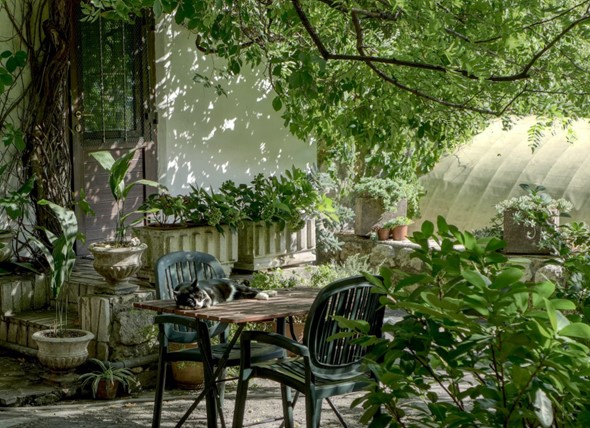My blog focuses on Science, Technology, Engineering and Mathematics (STEM). One way everyone can get involved in STEM is through gardening. The plant world is not only a critical part of our world, but it is also fascinating. The following contributed post is entitled, Gardening: A Great Hobby For Science Lovers.
* * *

Image suggestion: https://www.pexels.com/photo/woman-in-gray-coat-and-yellow-knit-cap-holding-magnifying-glass-6033820/
If you like the idea of growing plants but don’t want to waste your time on failures with guessing and hoping, gardening works really well when you bring in some science! Gardening projects can become your own little hands on experiments, and if you’re science minded and excited about data then this is a perfect combination. By paying attention to the conditions your plants live in you’re able to track what helps them thrive and what holds them back. That way it all becomes less about luck, and more about understanding how things actually work. Here are some ideas to get you started
Using Tech to Understand Your Garden
There are some simple but effective gadgets you can buy that help you gather useful information in the garden without making things complicated. Soil moisture meters like the XLUX or Sonkir models are easy to use and affordable, they show you when your plants need watering so you avoid overwatering or letting them dry out. Some sensors also give you temperature and pH readings, which explain why some plants might be struggling. Light meters can be helpful as well, for example, a device like the Dr. Meter Digital Lux Meter tells you exactly how much light reaches different parts of your garden. You might assume one spot is bright enough but discover it is not ideal for sun loving plants. Having this data helps you decide the best places for each plant and avoid wasted effort.
Greenhouses and Polytunnels as Mini Labs
If you want to take things further, greenhouses or polytunnels let you create a controlled environment for your plants. These spaces protect your garden from harsh weather and pests while keeping temperature and humidity more consistent than outside. You can use digital thermometers and humidity sensors in combination with your greenhouse, something like the Govee Hygrometer lets you monitor conditions in real time. Some models let you track data over days or weeks too so you can spot patterns and adjust your setup for the best results. Combine this with soil moisture sensors, and you have detailed insights into how your watering schedule affects plant health. Greenhouses tend to be a more permanent and tidy option while polytunnels are flexible and easier on the budget, but both let you push the growing season longer and try out plants that might not thrive in your usual climate. With real data from your sensors, you can treat your greenhouse or polytunnel like a small science lab, testing different watering routines, fertilisers or airflow methods and then see what helps your plants to grow best.
Tracking Your Progress
If you want to track your garden like a proper experiment but in an easy way you’ll probably need more than just scribbles in a notebook. Apps like Gardenize or Planta let you log exactly when you plant water and feed your plants. You can add photos and notes too which makes it easier to compare how things change over time as well. These tools help you spot real patterns instead of relying on guesswork. After a few weeks you will see how these numbers match up with your plants’ health. For example some herbs might do best when soil moisture stays within a certain range while your tomatoes might need more consistent temperature to produce better fruit. For greenhouses or polytunnels devices like the Govee Hygrometer track temperature and humidity all day long. They save data so you can review how changes in airflow or watering schedules affect your plants over time. This makes it easier to test different things and understand what your plants really need. When you then combining these detailed notes with actual sensor data it means you’re no longer just guessing, you turn gardening into a science project where you can run tests learn from the results and improve with every season. It gives you control and confidence knowing your decisions are based on facts and not just chance.

